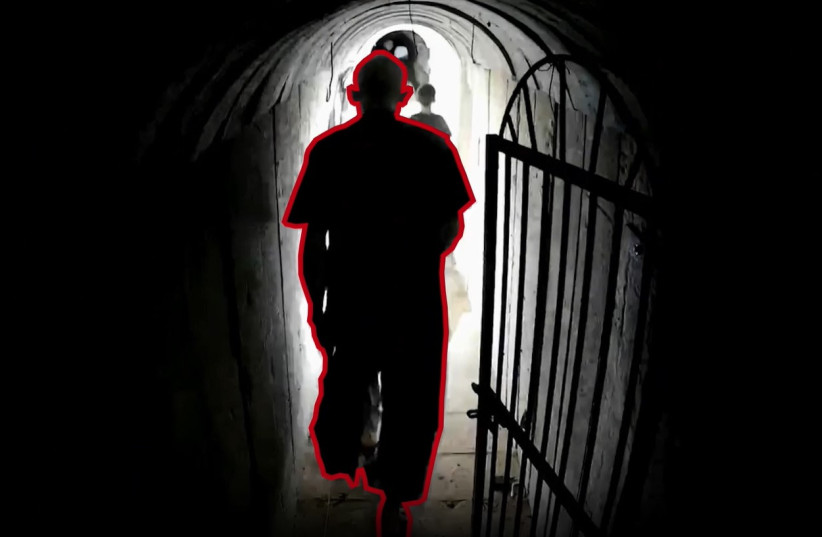The decision to attack Marwan Issa, whether it succeeded or not, was a mega move with implications far beyond any of the assassinations of second and third-level Hamas officials to date.
Issa was not only the deputy to Hamas military chief Muhammad Deif but also a member of the high command and one of the few who made the fateful decision to launch the October 7 invasion of Israel.
Had he been attacked at any point in the last five months, it would have been a significant event. Even more so if he is now dead.
What gives it even greater significance is the fact that it was ordered on Saturday night, in the last hours when, theoretically, a pre-Ramadan hostage deal still could have gone through. There are two main ways to look at the impact of the attack on Issa on those negotiations.
One perspective is that Israel was already sure that Hamas, without any major change, would not cut a deal. In that light, Israel wanted to shake up the situation by making Gaza Chief Yahya Sinwar and Deif nervous that if the IDF could get to Issa, it could also get to them.
The theory here is that since Sinwar has not already taken his life and the lives of the hostages he controls, he likely does want to live. If true, then why hasn’t he cut a deal, considering that the IDF has torn apart 18 of his 24 battalions and his hometown of Khan Yunis? The explanation would be that he still believed, even until now, that he was “too big to kill.”

This may seem strange to most Israelis, who remember hearing weeks of top Israeli officials falling over themselves with superlatives about how badly they wanted to annihilate him. But that was mostly in October and November. Since then, statements have been much more moderate, along the lines of we’ll get him some day, like we got the Munich 1972 massacre terrorists. The problem with the Munich analogy is that some of the terrorists went on with their lives for several years.
What changed?
Because Sinwar was presumed to be surrounded by hostages and able to order the murder of many of them, it was not clear that he was killable from the Israeli perspective, no matter how many times officials said they wanted him dead.
Simply put, the current Israeli war cabinet was not willing to risk the lives of a significant number of hostages to get Sinwar. In that light, the killing of Issa could be Israel’s attempt to send a message to Sinwar that his time is finally running out, especially if he does not cut a new hostage deal.
If Israel becomes convinced that there will be no deal and that the only way to get the hostages back – dead or alive – is to go after Sinwar directly, with all the risks that entails, then Sinwar might be convinced that his “too big to kill” card has run out. That might lead him to cut a hostage deal, in which case the IDF would not need to risk the hostages’ lives at this stage. That is the optimistic version.
The pessimistic version is that this was a tactical decision without fully taking into account strategic considerations.
Israel and the IDF have said they would take out any of Hamas’s leadership as soon as they had the opportunity.
In this version, the IDF and the government saw an open opportunity to finally nail a member of Hamas’s high command and decided to go for it, come what may.
If Sinwar still feels safe or if he is not afraid of martyrdom, the killing of Issa may just anger him and get him to harden his negotiating position. He could also try to use the attack as part of his strategy to inflame the region over Ramadan.
All of this could make a hostage deal less likely and risk playing into Sinwar’s hands for Ramadan.
If Israel isn’t willing to go in and rescue the hostages by force, at the risk of their lives, then it is possible that killing Issa may have left Israel in a stalemate: no option for rescue by force and no option for a deal.
This would not be a great time for an extended stalemate given that the US and EU clock for the war has either run out or is close to the end. Hopefully, the first option is correct, and soon, Sinwar will come forward with a more flexible position in the hostage negotiations.
Regardless of which way the impact goes, the killing, or even the targeting of Issa, was a significant gamble in a high-risk period, and it shows that Israel still has some intelligence cards up its sleeve that Hamas may not expect.
